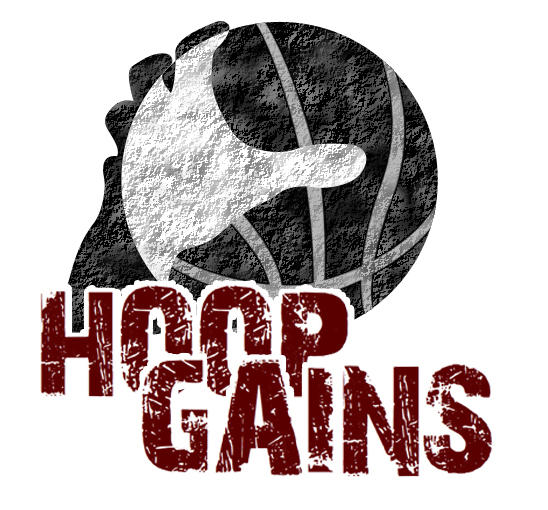Gresham's Law Will Destroy Your Team If You Let It
/It’s early in the season and your team is doing some conditioning. Your players are about to run a suicide. As the coach, you're a big believer in being in peak physical shape and put a high level of importance on these conditioning drills. At your whistle, the players take off.
After the first line, Marcus and Jeremy separate themselves from the pack. As they're about to change direction at half court, Marcus peeks over and sees Jeremy stop a foot short of the line. Jeremy inches ahead. At the third line, the same thing happens; Jeremy stops a foot short. Now he’s a full step ahead. At the last line, Jeremy stops short again and crosses the finish line first. “Atta boy Jeremy! Way to push yourself! That kid’s in great shape!” Maybe you didn’t see the cheating or maybe you didn’t think it was a big deal.
The next day, the team on the line to run another suicide. What’s Marcus thinking to himself? What’s his incentive to touch the line? What’s the chance that Marcus is going to cheat the drill?
This is Gresham’s Law in action. It states that bad behavior drives out good behavior in the long run unless there is proper policing. When bad behavior takes root and that behavior has a survival advantage against good behavior, it’s incredibly difficult to drive out the bad behavior.
In this way, Gresham’s Law is a form of natural selection. The qualities that have a competitive edge get passed on.
The danger arises when the qualities that have competitive edge are also the ones that will hurt the team in the long run. For example, if a coach praises a player for getting a transition layup, the behavior that caused that transition layup is rewarded. If that behavior was a missed box out and the player leaked out for a layup, the behavior of not boxing out gains a competitive edge.
As the season progresses and you continue to praise guys for getting leak out layups, the behavior or not boxing out will spread among the players. At the end of the season when you look at the season stats you’ll likely find that you consistently got out rebounded.
The important point to recognize is that coaches determine what behaviors will take hold. Players are constantly competing against each other on a scoreboard dictated by the coaches. Their individual scores go up when coaches praise them, acknowledge them or give them playing time. Their scores go down when coaches criticize them, yell at them, or limit their minutes. Players keep a running tally of their score compared with others.
As a coach, these factors are the levers by which you can encourage or discourage certain behaviors. If you praise the guy who leaks out for layups, the bad behavior will be spread.
But even more insidious are the times when you fail to call out players for bad behavior. That tacit acceptance of counterproductive behavior is what causes Gresham’s Law to take hold.
In this way, it’s not just what you emphasize that’s important. It’s what you allow.
The existence of Gresham’s Law also provides support for the importance of having a strong culture of accountability. Since you as a coach cannot be there to police every single thing that goes on, you need to have a system in place that ensures that bad behavior does not have a survival advantage. Teammates that hold each other accountable provide this punishment. I’d argue that having a social consequence for bad behavior is even more effective than a coach who oversees everything.
In essence, you don’t want to have a team where the good guys finish last. You want a culture that rewards players for touching all the lines.

